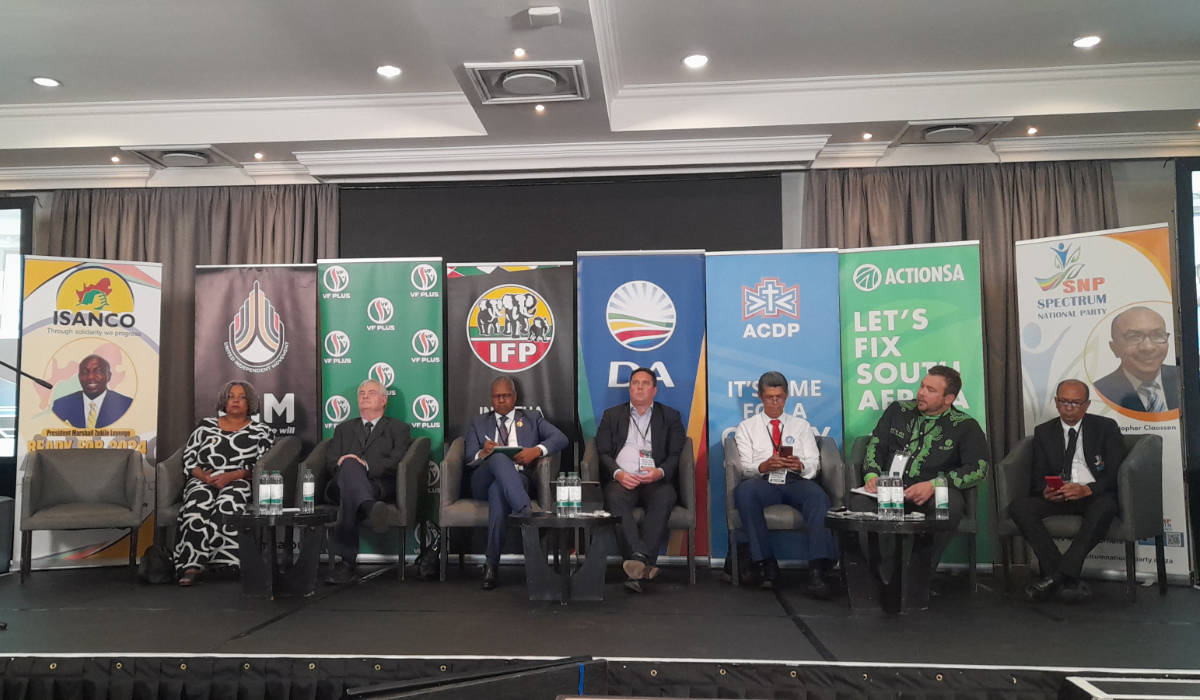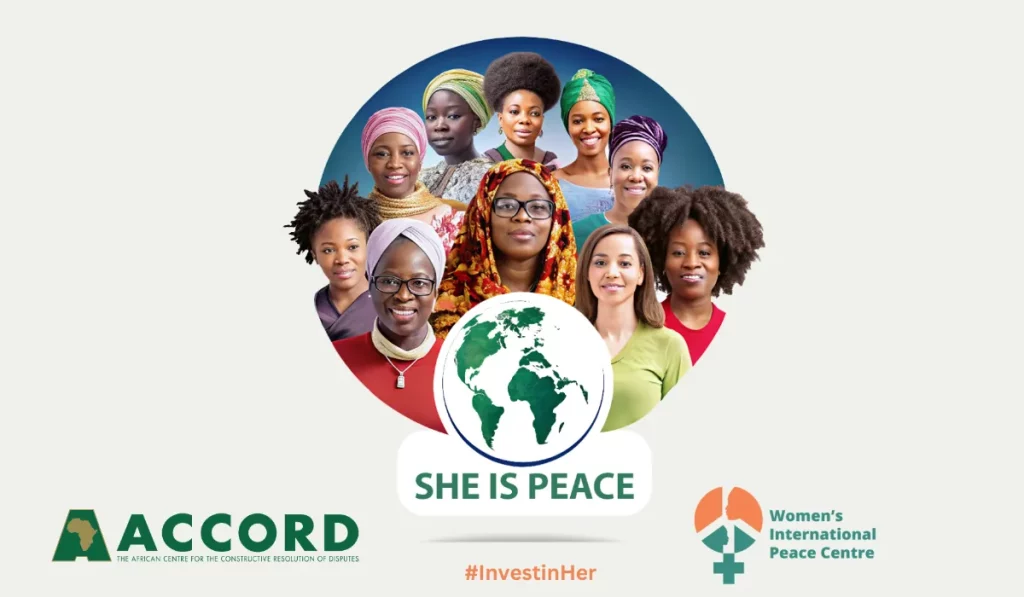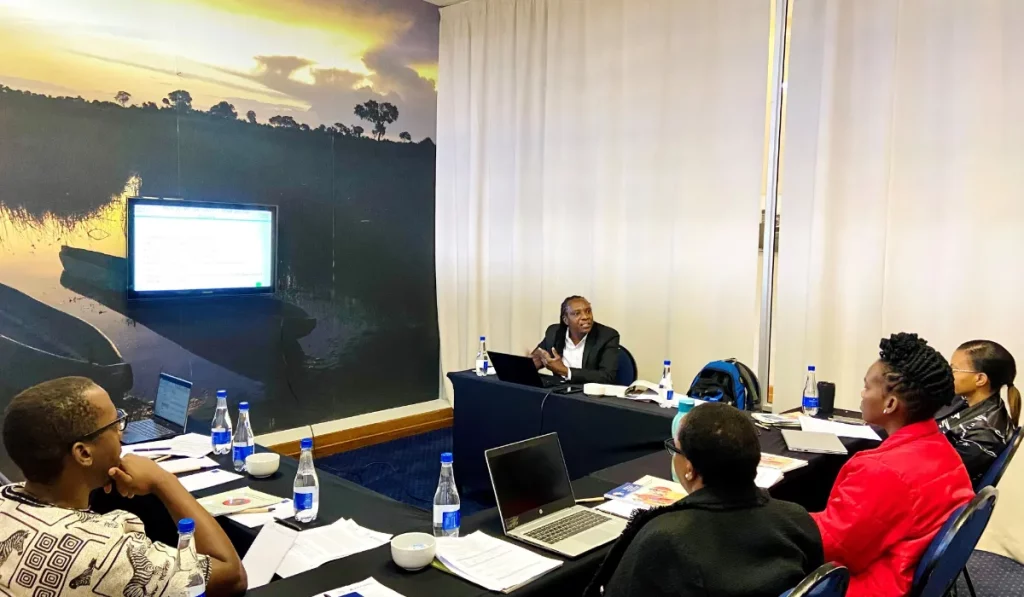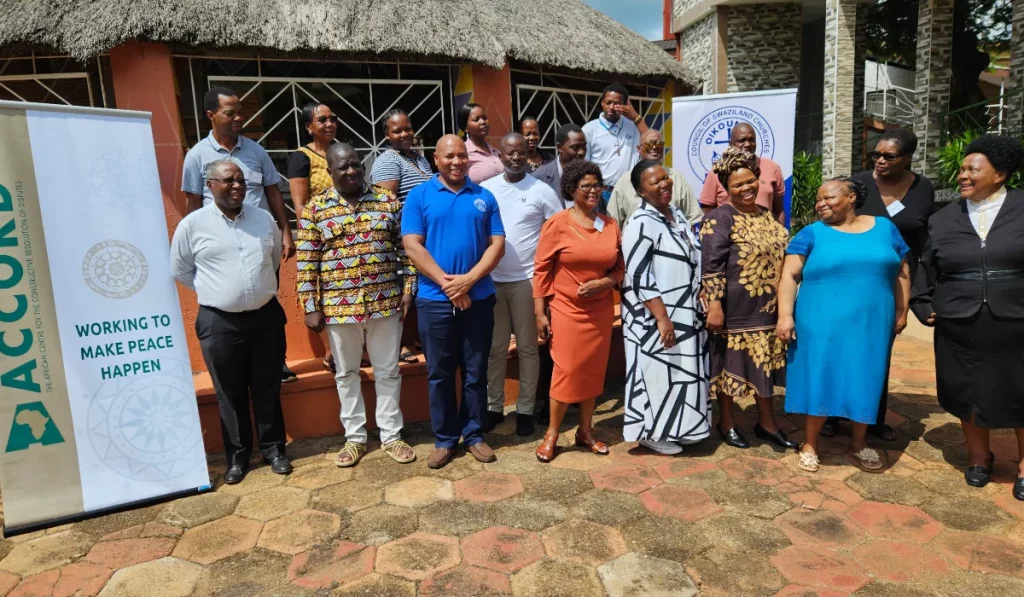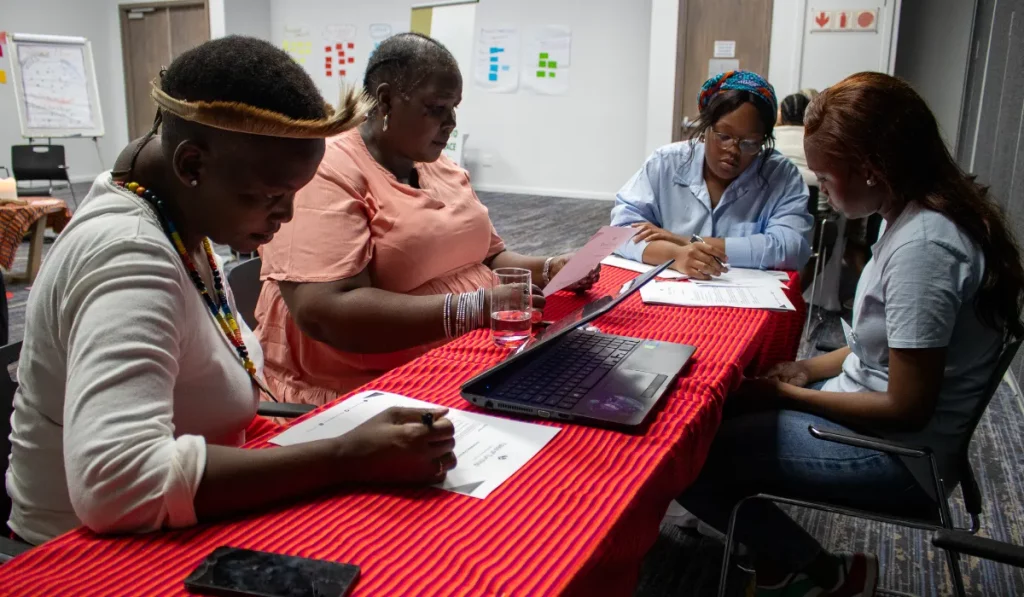South Africa is gearing up for its 2024 national and provincial elections – marking thirty years of the country’s democracy. These elections will be occurring at a time when the political climate is shifting towards coalition governments. As such, political parties are taking steps to form alliances should the next elections result in coalition governments at the provincial or possibly national level. One of these coalition alliances is the Multi-Party Charter for South Africa (MPC), which was formed earlier this year and made up of eight opposition parties.
On 28 November 2023, the MPC hosted a meeting with civil society organisations (CSOs). The meeting, which took place centrally in Johannesburg, aimed to engage and obtain inputs from CSOs to inform the work of the MPC leading up to the 2024 elections. The meeting was of importance as it provided a platform for CSOs to engage in the political and democratic processes of the country in the wake of a changing political climate. The role of CSOs is pivotal for any democracy and it is paramount that all political processes, including the workings of coalitions, are engaged by members of civil society and the public at large.
All eight political party members of the NPC were represented, and this highlighted the importance of such a gathering. Representatives included Mr John Steenhuisen, Federal Leader of the Democratic Alliance; Mr Velenkosini Hlabisa, President of Inkatha Freedom Party; Dr Pieter Groenewald, Leader of the Freedom Front Plus; Mr Micheal Beaumont, National Chairperson of ActionSA, Mr Wayne Thring, Deputy President of the African Christian Democratic Party; Dr Zukile Luyenge, President of the Independent South African National Civic Organisation; Ms Fatima Abdool, Deputy President of the United Independent Movement; and Mr Christopher Claassen, President of Spectrum National Party.
Over twenty CSOs presented their views regarding how the MPC should operate and which areas should be prioritised. Presentations covered issues such as crime and the competency of the police services, economic growth and addressing unemployment, increasing voter turnout, and tackling corruption. CSOs also raised critical questions about how the MPC would campaign for elections, and it was clarified that the MPC party members would campaign independently to maximise their respective support bases in order to obtain the majority of votes. The coalition alliance’s agreement would then be implemented should the parties obtain a combined majority of votes.
ACCORD’s Research Unit has been following national political developments in the context of the upcoming 2024 elections, including coalition dynamics and effects on political stability. Attending the CSOs meeting contributed to this existing work in order to further understand the changing political landscape of coalitions, and the current political climate and stability leading to elections.

